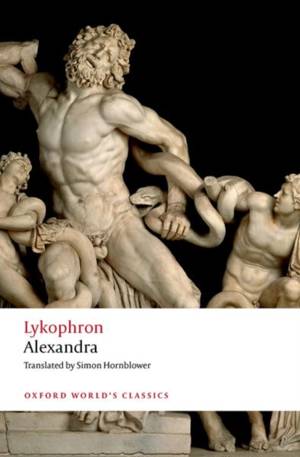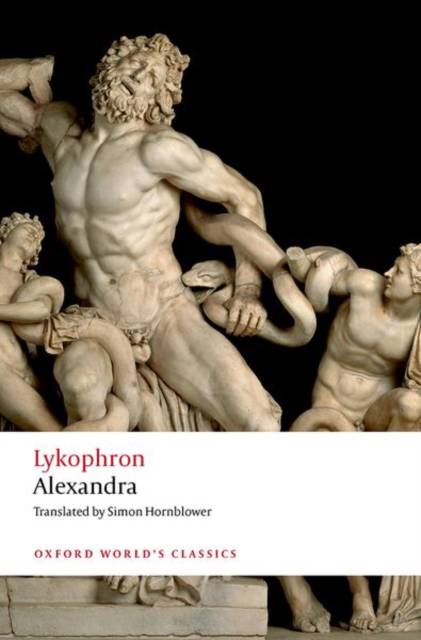
- Retrait gratuit dans votre magasin Club
- 7.000.000 titres dans notre catalogue
- Payer en toute sécurité
- Toujours un magasin près de chez vous
- Retrait gratuit dans votre magasin Club
- 7.000.0000 titres dans notre catalogue
- Payer en toute sécurité
- Toujours un magasin près de chez vous
12,95 €
+ 25 points
Description
Traditionally ascribed to the early third-century BCE tragedian Lykophron, the Alexandra is a powerful Greek poem by an unknown author, probably written c. 190, when Rome had defeated Hannibal and the Carthaginians and was poised to humble the Seleukid king Antiochos III. The poem is an ingeniously constructed masterpiece, a generic mix with elements of tragedy, epic, and history. Priam's beautiful daughter, the prophetic Kassandra, foresees her rape in Athena's temple by the hateful Greek warrior Ajax after Troy's fall, and warns of disastrous returns (nostoi) for all the Greek 'heroes'. But Troy will rise again as Rome, founded by Trojan refugees. Alexandra (another name for Kassandra), narrates these Mediterranean foundation myths, adopting a bitterly disillusioned female perspective, but culminating in prophecies of Roman rule over land and sea.
Spécifications
Parties prenantes
- Auteur(s) :
- Editeur:
Contenu
- Nombre de pages :
- 192
- Langue:
- Anglais
- Collection :
Caractéristiques
- EAN:
- 9780198863342
- Date de parution :
- 03-02-23
- Format:
- Livre broché
- Format numérique:
- Trade paperback (VS)
- Dimensions :
- 131 mm x 197 mm
- Poids :
- 145 g

Les avis
Nous publions uniquement les avis qui respectent les conditions requises. Consultez nos conditions pour les avis.






